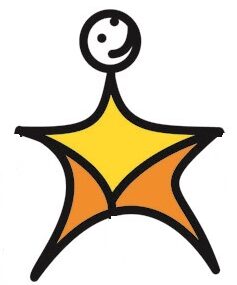“Whatever the cost of our libraries, the price is cheap compared to that of an ignorant nation.” ― Walter Cronkite.
Children in the Tole Village Library[/caption] Vision: For children and community members to have easy access to learning resources, essential school textbooks and E-learning resources.
Children who have early access to books stay longer in school and become entrepreneurs, professionals, and more productive citizens.
Children who have early access to books stay longer in school and are protected more from different forms of child abuses and petit crimes.
Teaching and learning are made easier as more children have access to books
The village libraries initiative, is a network of community library structures that can be hosted in a building, a shipping container, a cupboard or a trunk. and aimed at enhancing access to essential learning textbooks and other books of general reading to school children in particular and the community at large.
VILLAGE LIBRARY INITIATIVE

Every school child should have the 3 core textbooks which are Mathematics, English and French in Cameroon
The Village Libraries initiative is a social enterprise that eases access of textbooks and learning resources to children. It enables textbooks to be available and affordable to school children and members of the society.
Over 92% of children in the public school system of Cameroon do not have access to essential textbooks as a result of poverty and scarcity. Essential textbooks cost more than school fees in Public Schools.
It is surprising to note that in this digital age, while children in the developed countries are working with laptops, tablets and other E-learning resources to learn, many children in developing countries like Cameroon, do not have easy access to basic essential textbooks.
This situation is not only particular to Cameroon. A statistical survey of schools and teaching resources in the West Central African region by the UNESCO Institute for Statistics (UIS) highlights these challenges which undermine children’s chances to succeed in their studies.
• Overcrowded classrooms,
• Too few trained teachers,
• Insufficient schoolbooks and few toilets, often without separation between boys and girls:
These are some of the problems facing basic education in Sub-Saharan Africa.
Though, the free Basic Education Policy was rectified by the government of Cameroon in 2000, many children remain out of school or dropout mid-way into their learning program due to financial constraints, which includes the inability to afford books.
Implementation strategy.
A cost sharing approach has been adopted for communities through self Help Support Groups (SHSGs), local development associations and other interested parties. E.g. a community may provide the library space like a building, a transformed library shipping container, a cupboard or a trunk. The cost of logistics and transportation of the books may be shared with the community or defrayed by a donor.
Please contact us directly, If you are interested for more information or to get a library into your community.
